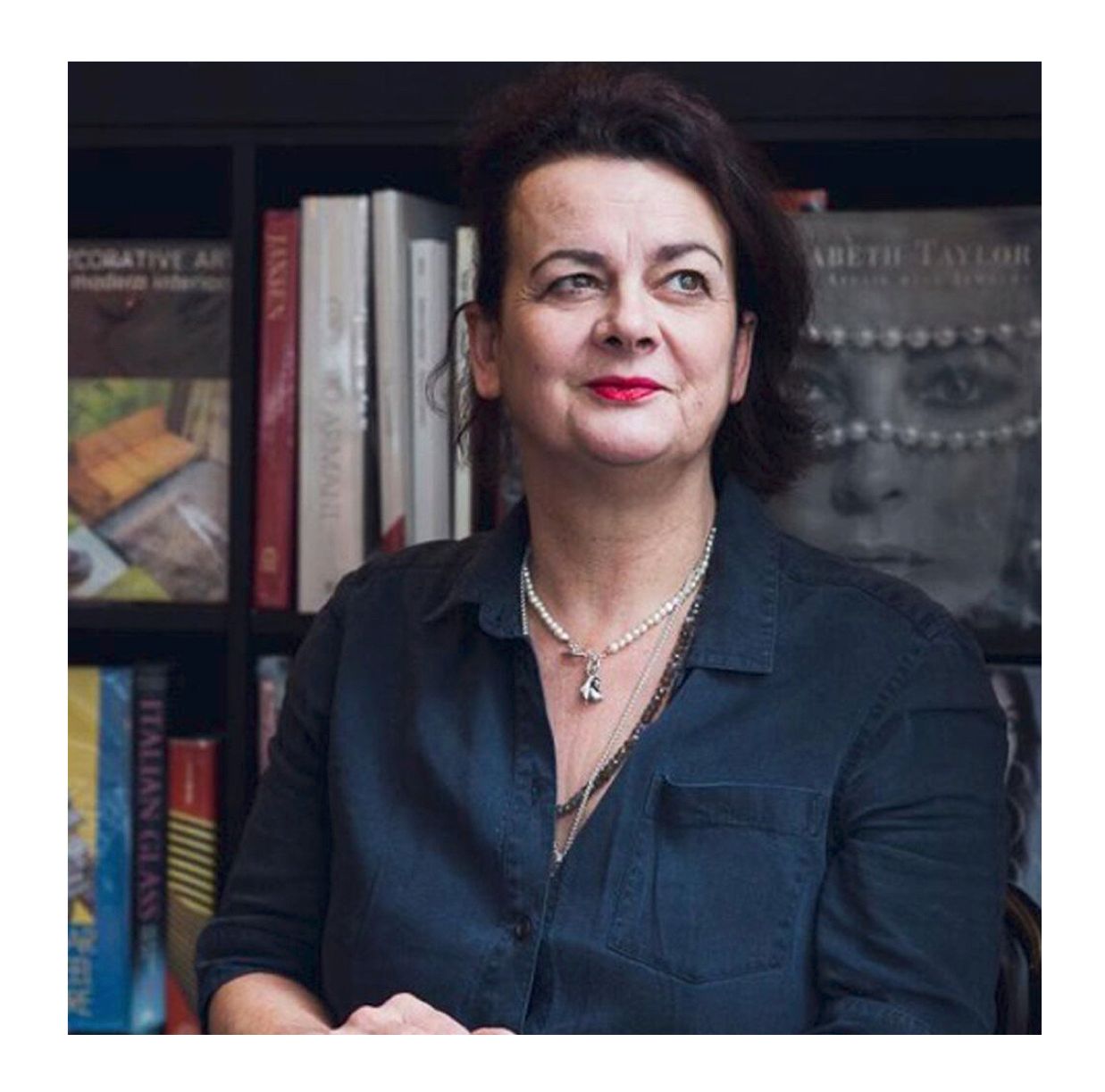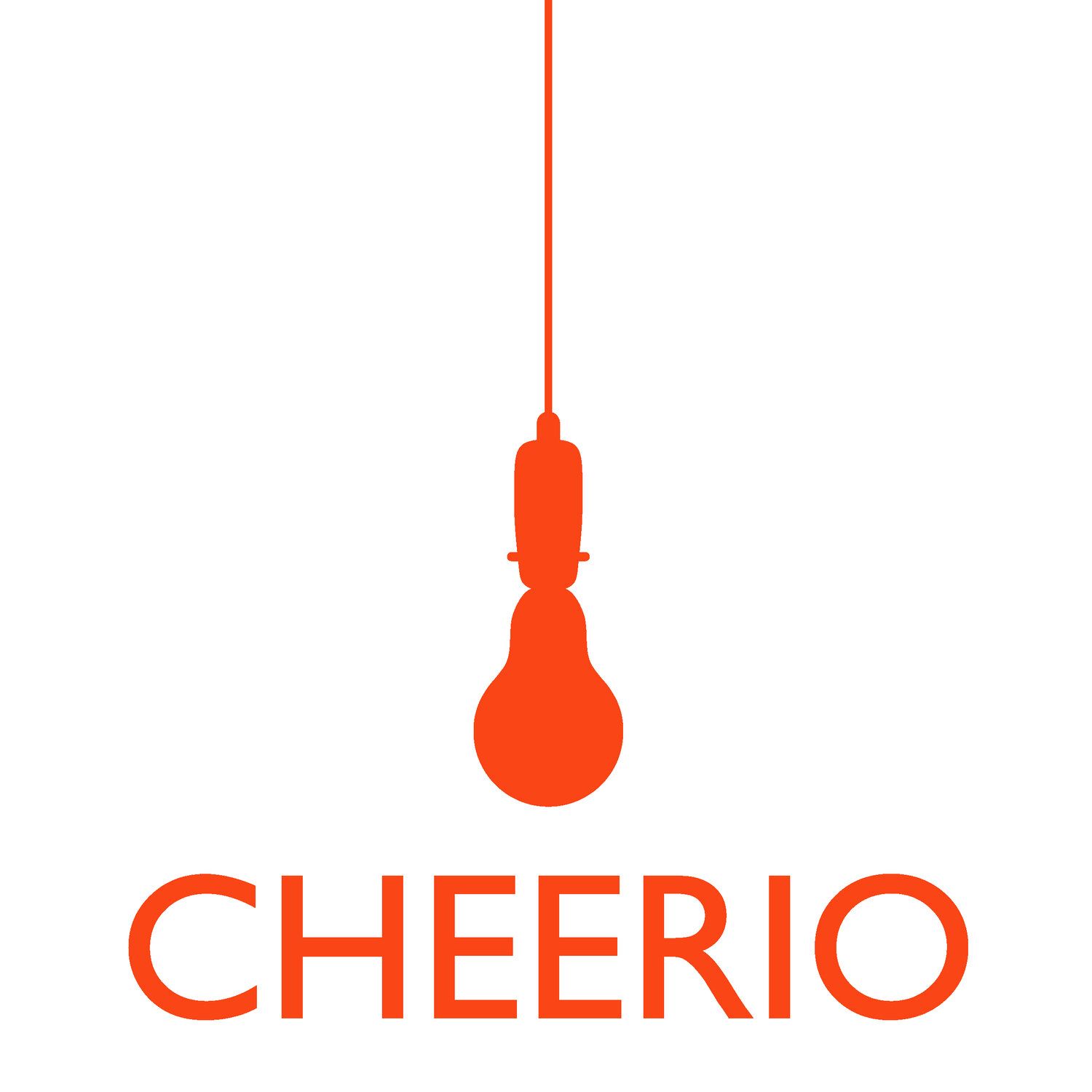- Literature

Clare Conville is the infamous literary agent steering the ship behind contemporary talents such as DBC Pierre, Dolly Alderton, Lemn Sissay and Matt Haig. She is co-founder of the hugely respected agency Conville & Walsh, and it is testament to her singular passion for artistic expression that she has recently been given the task of setting up the publishing and production company CHEERIO, with author and curator Harriet Vyner, which is dedicated to championing outsiders’ writing and making genuinely challenging literature and film. Here, the literary maven tells Collective Culture how an early bereavement set her on a path of literary escapism, and tells us why it’s important that works that are not necessarily politically aligned to a woke-culture need to stay in the frame.
What would you say first turned you on to literature?
This sounds entitled, but I had a wonderful nanny as a child, Sally, and she taught me to read at an unusually young age. The other factor was that my mother died when I was eight years old, and my response was to escape into reading. I read children's books, adult books–everything I could lay my hands on. I was sometimes reading three or four books a day. I’m still a voracious reader.
What would you say you have learned working as a literary agent?
I think what I've learned is that stories are fundamental to human nature. Storytelling is just so integral to human society. Stories manifest our higher consciousness–we frame our life and death through them, and in what format we tell them seems to me to be increasingly immaterial. There was a big fear some time ago that e-Books would sort of destroy the physical book market, but that has absolutely not proved to be the case. In a funny sort of way, eBooks have now kind of reached their limit, and publishers have had to look into the creation of beautiful specialist editions–in some ways, you could say the digital revolution has actually enriched the bibliophile culture.

Do you think some writers are strangely prescient–in that they predict changes in society?
I think that there are certainly visionary writers that choose a speculative form to look at society, Phillip K Dick, Margaret Atwood, George Orwell, JG Ballard, and so on. I would also mention Octavia E Butler in that category–an American woman of colour who wrote incredible science fiction in the 1970s and 80s who is an outstanding and perceptive writer in the genre. These are the kind of writers I would define as visionary, though different writers have different talents, of course–you could describe Chaucer as the first psychologist, for example.
How do you think the cancel culture movement is affecting literature?
That’s a very interesting question, because I think if we examine a lot of writers across the map, then many would be accused of racism, homophobia, sexism, and so on. Having said that, I certainly believe that understanding the cultural context of the times is very important. Something like Mein Kampf is still in print, and in a way that is important because by burying and eradicating something like that, are you not preparing for someone to un-bury, with all the power that a new discovery brings? Many of the extremists who stormed the Capitol had tattoos and clothes that made reference to Auschwitz and other concentration camps. Our children need to understand that in the round. What I do believe in is that it is vital for publishing to look very deeply at itself and draw people who work in publishing from much more diverse backgrounds. And I don't just mean in terms of ethnic origin–it is a very middle-class culture and I think that needs to change.
Tell us about the publishing house you have just launched…
I think there is a desire for more avant-garde writing at the moment, because the publishing sphere has become quite corporate. The Estate of Francis Bacon has entrusted my publishing partner Harriett Vyner and I to launch a publishing house committed to work that is challenging, disturbing and unsettling–very much outside the mainstream. It’s called CHEERIO after Bacon’s favourite drinking toast, and it’s a very important part of my working life–though most of it is done in the middle of the night. We’re going to be publishing four to six books and commissioning up to four short films a year, so it’s very exciting. There’s a lot going on and some fantastic writers, artists and filmmakers involved.
All images courtesy of Clare Conville.